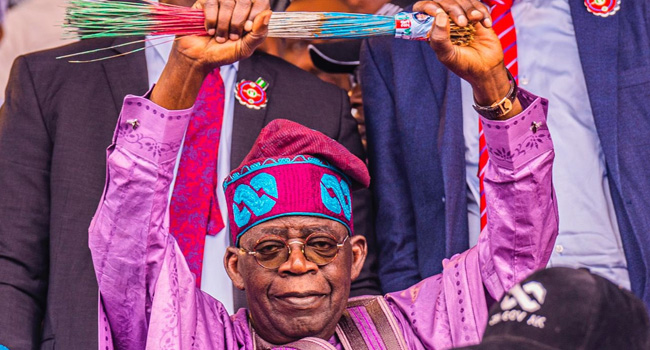Since the advent of the 1999 democratic system, Nigeria has struggled with achieving favourable budgetary allocations, resulting in politically attractive offices. The cost of governance has become a significant drain on the economy, and despite this, corruption in the political system continues to thrive.
As the economy worsens, the cost of governance has risen, leading to many fiscal issues for the nation. Many Nigerians have cried out about how ‘inhumane’ politicians have been to the poor and the average masses.
Experts and religious leaders have also risen to impugn political officeholders, urging them to reduce the cost of governance for the public good, to enhance the quality of life for the average person in the nation.
However, Shola Omotola, a professor of political science at Federal University, Oye-Ekiti, offers another in-depth perspective. He states that political officeholders are there to serve and still deserve remuneration.
The don who recently won the 2023 Claude Ake Visiting Chair of the Department of Peace and Conflict Research, Uppsala University (DPCR), Sweden, insists that the budgetary allocation is the reason why there are enough funds for frivolities by Nigerian politicians.
“My take is that opinions will always be divided on these issues. To emphasise my point, the cost of governance in any public service or government comprises two elements: capital expenditure and overhead expenditure.
“I will tell you that the cost of governance is very low when you consider the total money we budget per year for the entire nation and factor in the entire population of Nigeria. When you divide it by the total population of the country, the cost appears low.”
However, the Professor said, “Now, the problem in Nigeria is that every year, within the last 20 years since we started this democracy in 1999, the capital budget has been low. The amount set aside for capital projects is very low, sometimes about 30% of the total budget. For each of those years, over 60% of the budget is dedicated to overhead costs.”
He said that overhead cost encompasses recurrent and personnel cost, which involves paying salaries and wages of workers in the public service. “The recurrent expenditures are those expenses meant for daily running basis; for instance, you want to buy cars for the chief executive, fuel and maintenance they are under recurrent expenditure.”
According to Accounting Tools, Overhead costs are any expenditures not directly associated with creating a product or service. They must be incurred to stay in business, irrespective of the sales level of the organisation.
“When a higher percentage of the total budget is allocated to overhead, those funds are not productive. Any country that allocates a small part of its budget to capital expenditure will find it challenging to develop and make progress. Capital projects are crucial for investing in infrastructure, facilities, and social amenities.”
The Professor emphasised that Nigerians are confusing the argument, as the real issue lies not in the high cost of governance but in allocating a significant portion of the annual budget towards overhead costs and personnel salaries.
To curb the politicians’ excesses, the people should advocate for establishing a balance between the capital budget and the overhead budget.
“It is because excess money is allocated in the budget under overhead costs that they have the funds to purchase those cars.
“When preparing the budget, establish a balance between overhead and capital so that, when the capital has more funds, it will limit the money available for politicians to use for frivolous expenditures.”
Public Funds in Private Pockets
The second point the Professor made was that a significant portion of the budget ends up in private pockets due to corruption.
“And it is easier to steal through overhead costs, specifically through procurement fraud. The quickest path to becoming a billionaire today is through this fraudulent practice,” Omotola asserted.
He further illustrated how the Presidency’s expenditure on a trip to New York was a significant drain on the nation’s treasury, contributing to the country’s struggle to enhance productivity.
According to a FIJ report, during the 78th session of the United Nations General Assembly (UNGA), the federal government’s expenditure on hotel accommodation for President Bola Tinubu amounted to a staggering $507,384. At the present exchange rate, this figure translates to a substantial sum of N390,690,753 in Nigerian Naira.
“Big or small, a substantial proportion of the budget goes into private pockets as a result of endemic corruption”, he concluded.






